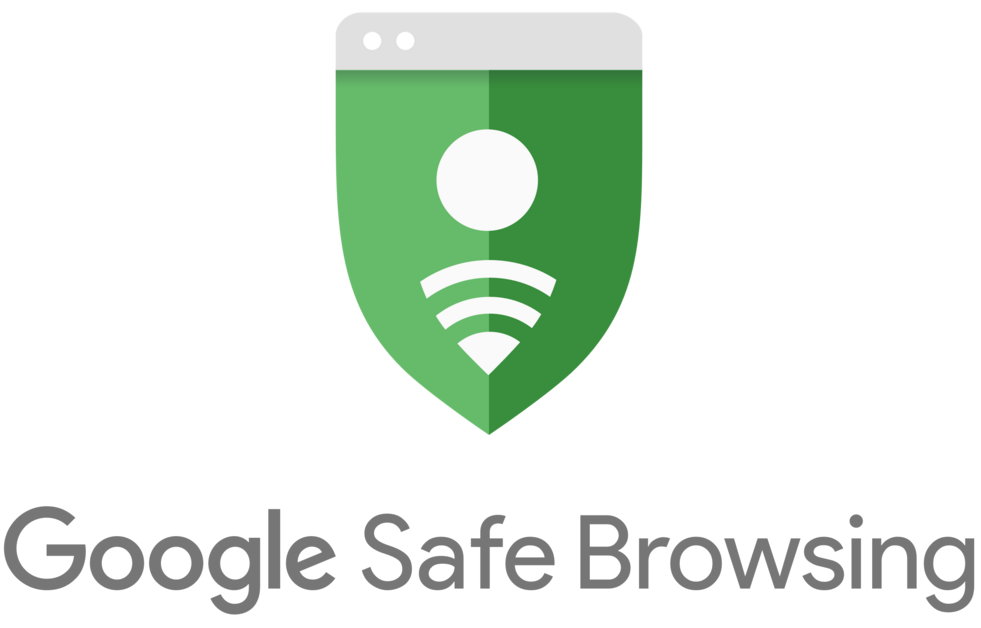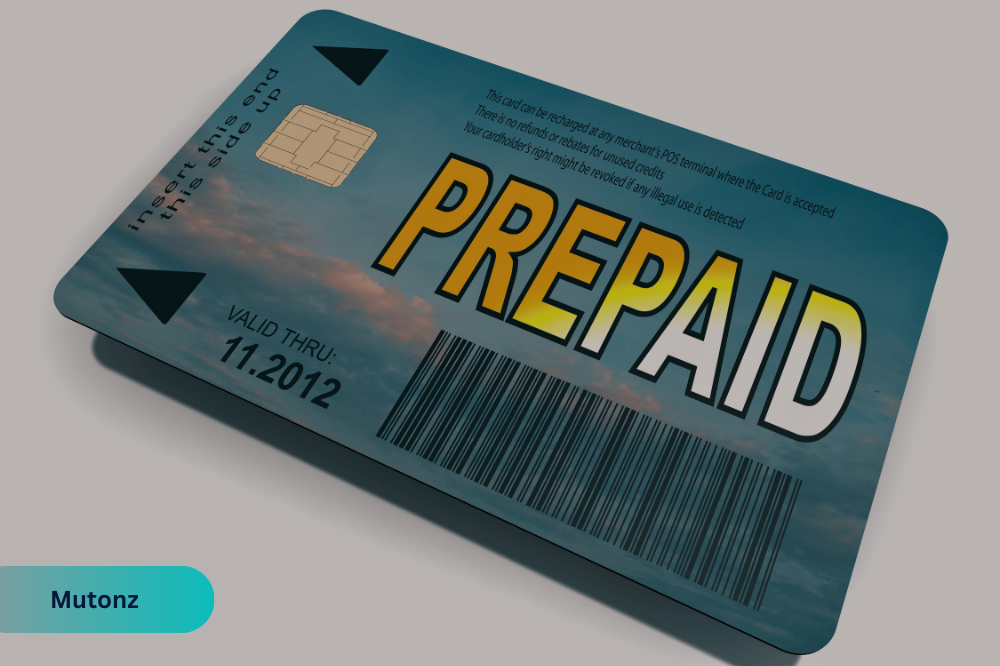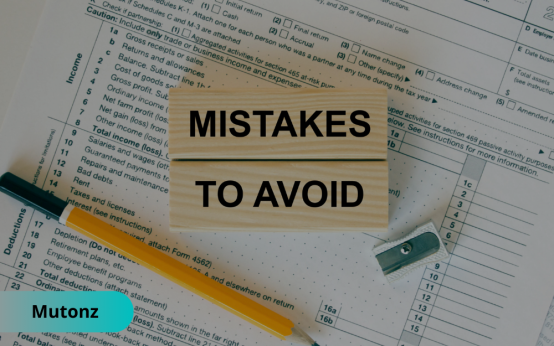A prepaid card is a financial tool that functions much like a debit or credit card, but with a key difference: it is not linked to a bank account or a credit line. Instead, you load money onto the card in advance, and you can only spend what you have loaded. They can be branded with major payment networks like Visa, Mastercard, or American Express, making them widely accepted for purchases.
Prepaid cards are widely used for budgeting, gifting, and traveling due to their simplicity and convenience, making it a great option for managing money and providing a secure payment method. So, get to know how this type of card works and how you can make the most out of it.
How Do Prepaid Cards Work?
Prepaid cards work by allowing users to pre-load a specific amount of money onto the card, which can then be used for purchases or bill payments. There is no credit check required for approval. However, you can’t spend more than the amount available on the card.
To use one, you must first load it with a set amount of money. Once loaded, the card can be used wherever its payment network - such as Visa, Mastercard, or American Express - is accepted. In essence, a prepaid card functions like a reloadable gift card that offers broader flexibility for spending.
How To Use and Reload A Prepaid Card
Once loaded, you can swipe or tap it at payment terminals or enter the card details online for approved transactions, just like you would with other types of cards. Many prepaid cards also allow cash withdrawals from ATMs, though this may incur fees. Reloading your card depends on the issuer but commonly includes the following methods:- Cash Deposits: add money to your card at participating retail locations.
- Bank Transfers: transfer funds from your bank account to the card.
- Direct Deposit: set up your paycheck or other recurring payments to be automatically loaded onto the card.
Do They Help Build Credit?
One common misconception is that prepaid cards help build credit. Unfortunately, they do not. Prepaid cards do not involve borrowing money, and their usage is not reported to credit bureaus. If you aim to improve your credit score, consider secured credit cards or traditional credit-building strategies instead, that tend to report activity to credit agencies and can positively impact your credit history.How To Choose A Prepaid Card
Selecting the right prepaid card requires careful consideration of your needs and the card’s features. Here are some factors to evaluate:- Fees: compare activation fees, monthly maintenance fees, reload fees, and transaction costs. Some cards may have no fees, while others can be costly.
- Reload Options: ensure the card offers convenient ways to reload funds, such as direct deposit or mobile app transfers.
- Usage Restrictions: check where the card is accepted and if there are any limitations on international usage.
- Additional Features: some prepaid cards offer perks like cashback, rewards programs, or fraud protection.
- Customer Support: opt for a card with reliable customer service in case of issues.



 8 Common Mistakes to Avoid When Filing Your Taxes
8 Common Mistakes to Avoid When Filing Your Taxes  Age Limits for Children’s Bank Accounts: What Parents Need to Know
Age Limits for Children’s Bank Accounts: What Parents Need to Know  The Impact of Artificial Intelligence Advancements on the Financial Lives of Americans
The Impact of Artificial Intelligence Advancements on the Financial Lives of Americans